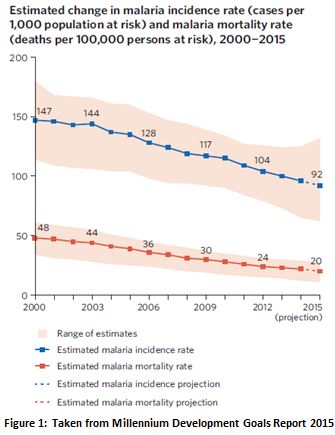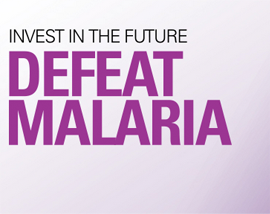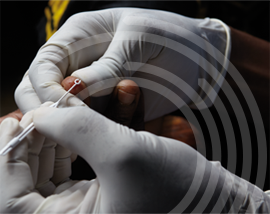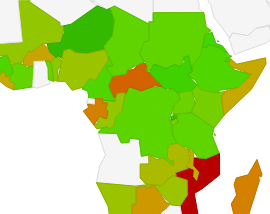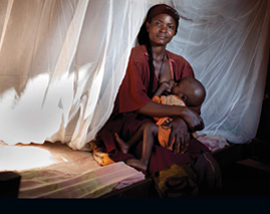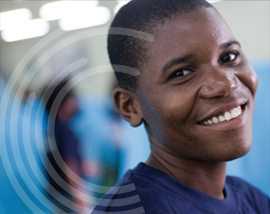Between 10-14 August National Malaria Program Managers from 44 Sub-Saharan African countries will convene in Entebbe, Uganda, for Roll Back Malaria's (RBM) Working Group Gap Analysis meeting. Over the past months, RBM and the Harmonization Working Group have been working closely with the Malaria Advocacy Working Group (MAWG), who will run a tangental Advocacy Resource Mobilization (ARM) workshop on 13 August. This event represents a viable opportunity to build advocacy goals, strategies and coalitions through similar workshops disseminated across target nations.
This assembly in Uganda for the Gap Analysis, ARM workshop, and the financial planning review taking place later that same week, will facilitate conversation and accelerate progress in the advocacy sector. The Gap Analysis is based on the national strategic plan and will shape consensus on financial and programmatic gaps. It is hoped that these events will collectively empower international engagement with our shared aim to see a future world free-from malaria.
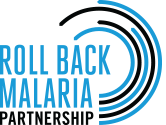



.jpg)
 Earlier this month, UN Secretary-General Ban Ki-Moon released the final report on the progress of the Millennium Development Goals (MDGs).
Earlier this month, UN Secretary-General Ban Ki-Moon released the final report on the progress of the Millennium Development Goals (MDGs). 